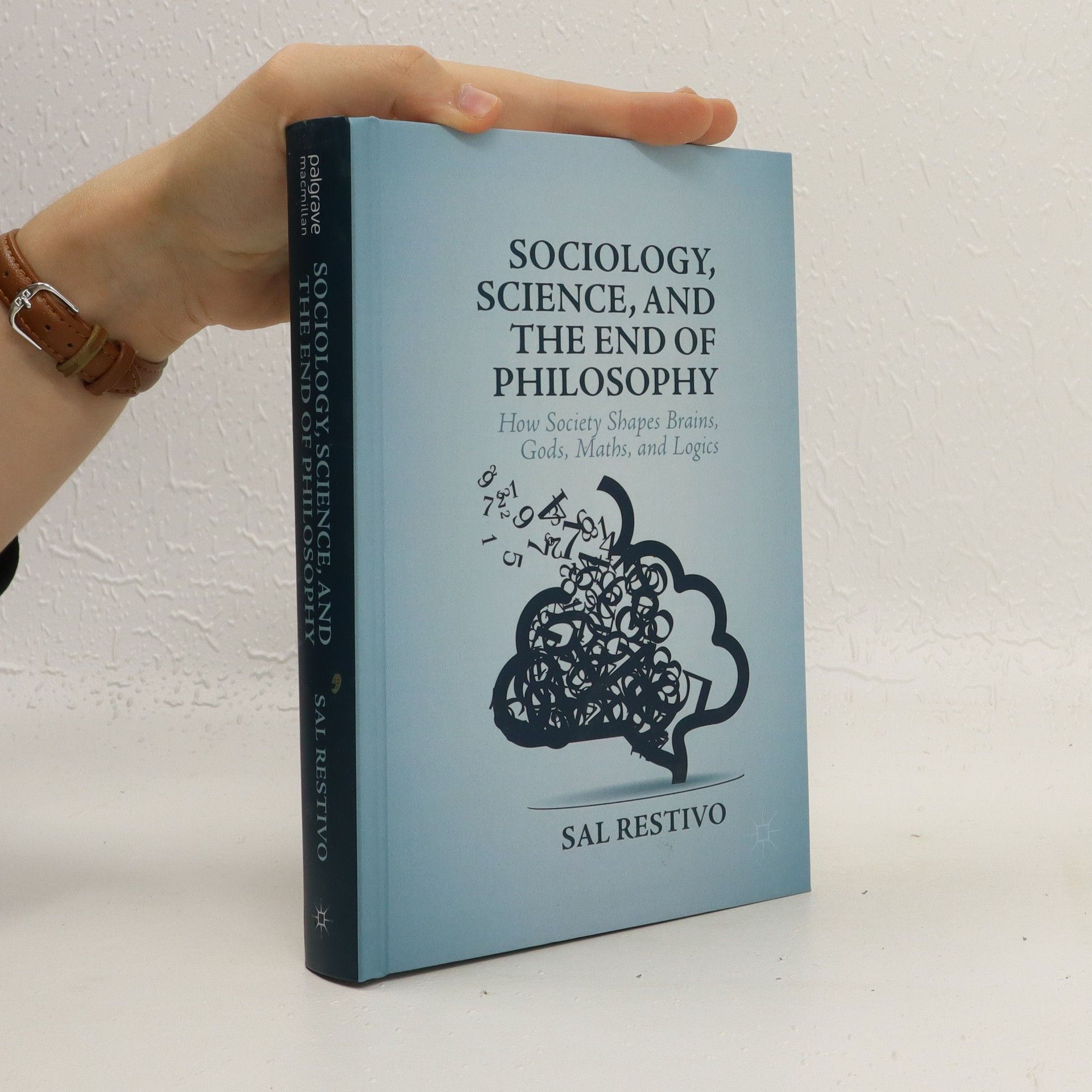Exploring Einstein's legacy through a sociological lens, this book redefines him not merely as a solitary genius but as a product of his social networks. It challenges the traditional view of individualism and genius by situating his achievements within a broader social ecology. By emphasizing the importance of social connections and interactions, the author argues that Einstein's brilliance emerged from his engagement with various communities rather than solely from his biological inheritance.
Sal Restivo Knihy




Society and the Death of God
- 196 stránok
- 7 hodin čítania
The book presents a scientific argument from sociological and anthropological viewpoints, asserting that deities are human constructs. It emphasizes the urgency of addressing global challenges by correcting past misconceptions and fostering a sense of belonging and compassion grounded in human experience rather than transcendental beliefs.
Exploring the intersection of sociology and science, this collection of essays delves into the author's significant contributions to topics like mathematics, logic, and robotics. It traces his evolution from introducing the sociology of objectivity to developing a social brain paradigm. Engaging with prominent figures in science studies, the author critiques transcendence and Platonism in mathematics while situating concepts like consciousness and genius within a social framework. This interdisciplinary work serves as a vital resource for researchers in the field.
Sociology, Science, and the End of Philosophy: How Society Shapes Brains, Gods, Maths, and Logics
- 383 stránok
- 14 hodin čítania
This book offers a unique analysis of how ideas about science and technology in the public and scientific imaginations (in particular about maths, logic, the gene, the brain, god, and robots) perpetuate the false reality that values and politics are separate from scientific knowledge and its applications. These ideas are reinforced by cultural myths about free will and individualism. Restivo makes a compelling case for a synchronistic approach in the study of these notoriously 'hard' cases, arguing that their significance reaches far beyond the realms of science and technology, and that their sociological and political ramifications are of paramount importance in our global society. This innovative work deals with perennial problems in the social sciences, philosophy, and the history of science and religion, and will be of special interest to professionals in these fields, as well as scholars of science and technology studies.